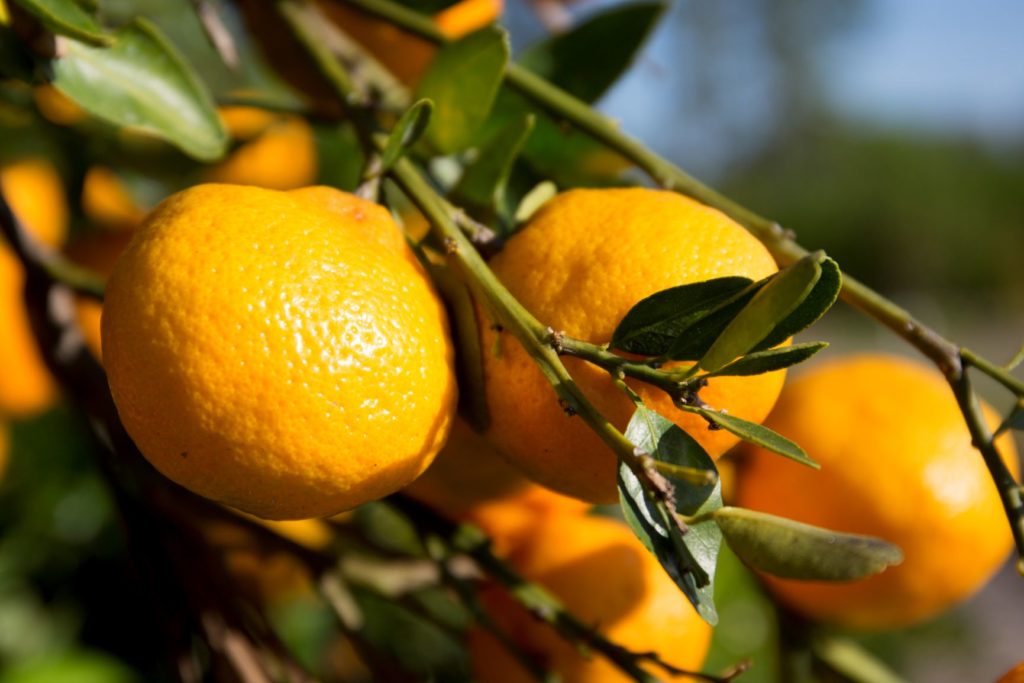LAKE ALFRED, Fla. — University of Florida Institute of Food and Agricultural Sciences researchers have tips for citrus producers coping with the aftermath of Hurricane Ian.

Management strategies include applying the plant growth regulator gibberellic acid to fight future fruit drop on trees weakened by the hurricane-force winds, spoon-feeding irrigation, applying kaolin clay to shade and cool the leaves from too much sunlight, and proactively protecting trees from phytophthora diseases.
Growers affected by flooding and high winds from Hurricane Ian have seen the immediate effects, but the stress to the trees will have longer lasting impact. Researchers are unsure how damaging these effects will be or how long trees will need to recover.
“We want to survey trees around the state to learn how long it takes trees to recover physiologically, which will help us predict growth and production. We need trees from a wide variety of locations to be able to understand how the different windspeeds, flooding and topography impacted how the trees suffered and recover. We are also looking for a range of treatments, like IPCs or reflective mulch,” said Christopher Vincent, assistant professor of horticulture and the one heading up the project.
The assessment will not harm the trees, and researchers will not apply any treatments. The project needs growers with Valencia- or Hamlin-type sweet oranges, or grapefruits from around the state. No specific grower information will be publicly shared. All observations will be shared with participants. Growers who are willing need to send an email with their name, phone number and email to Christopher Vincent (civince@ufl.edu).
These and more hurricane-related resources may be found on the citrusresearch.ifas.ufl.edu website. You can also receive updates by subscribing to the UF/IFAS statewide citrus newsletter at newsletter signup – UF/IFAS Citrus Research – University of Florida, Institute of Food and Agricultural Sciences – UF/IFAS (ufl.edu).









